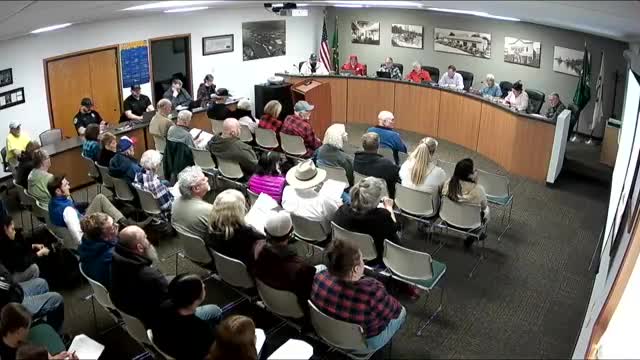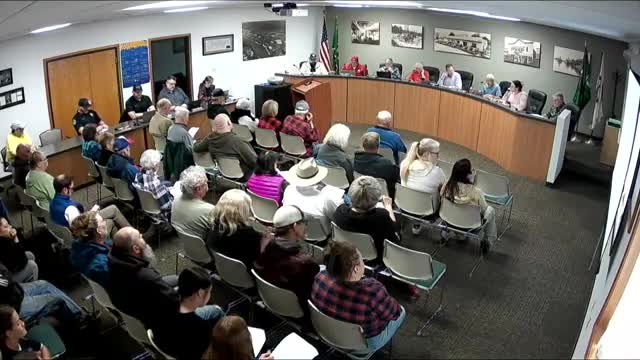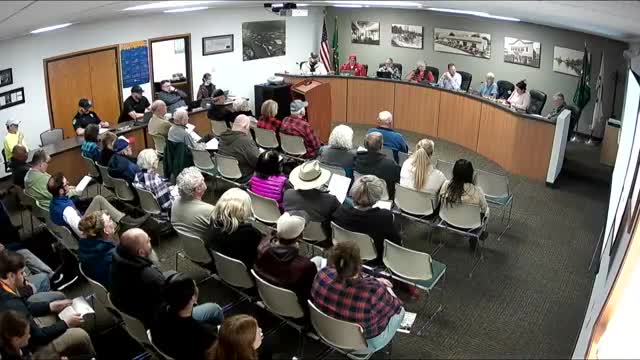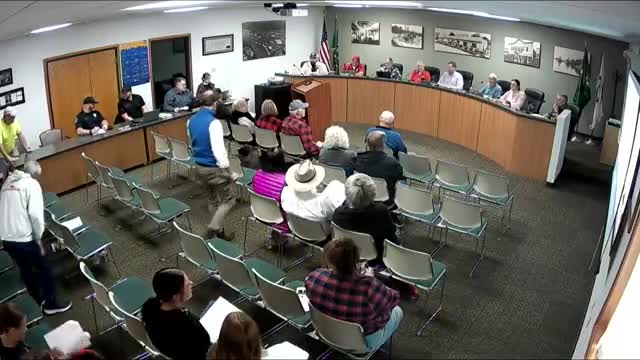Article not found
This article is no longer available. But don't worry—we've gathered other articles that discuss the same topic.

Council adopts Woodland Shores rezone in final reading; residents applaud stability

Council approves city-funded school resource officer MOU; officer to rotate among schools

Woodland reports $3.2 million reserves increase for 2024; bonds and audit highlighted

